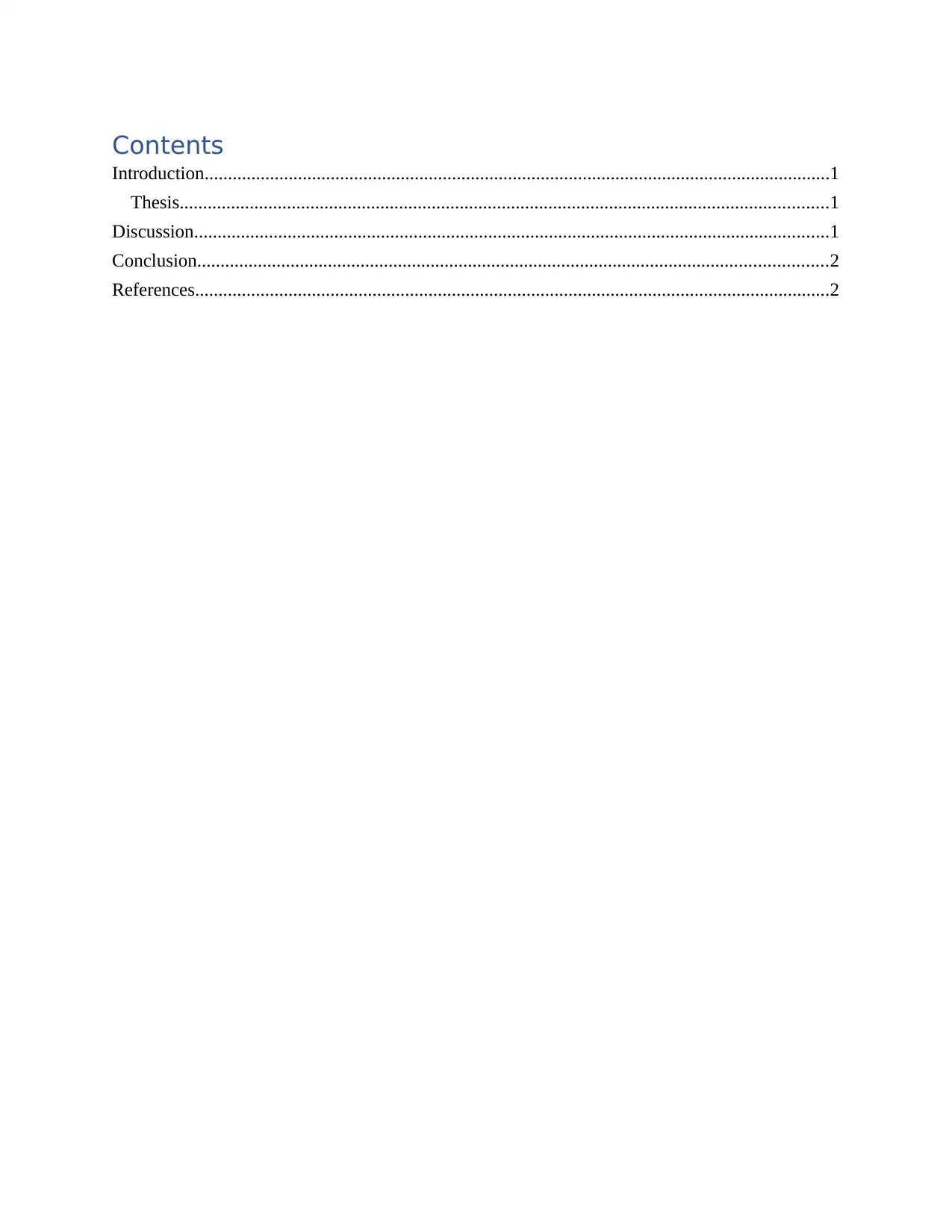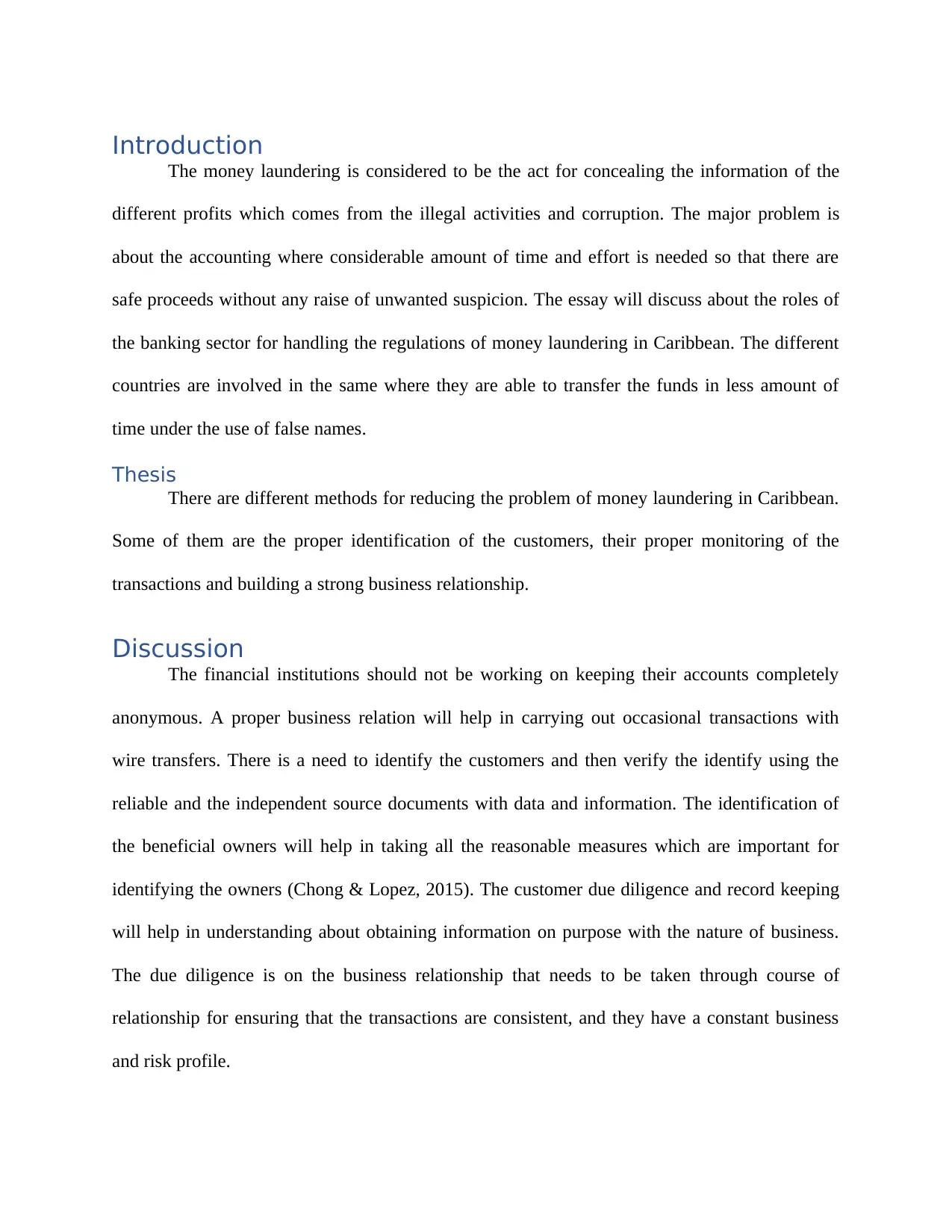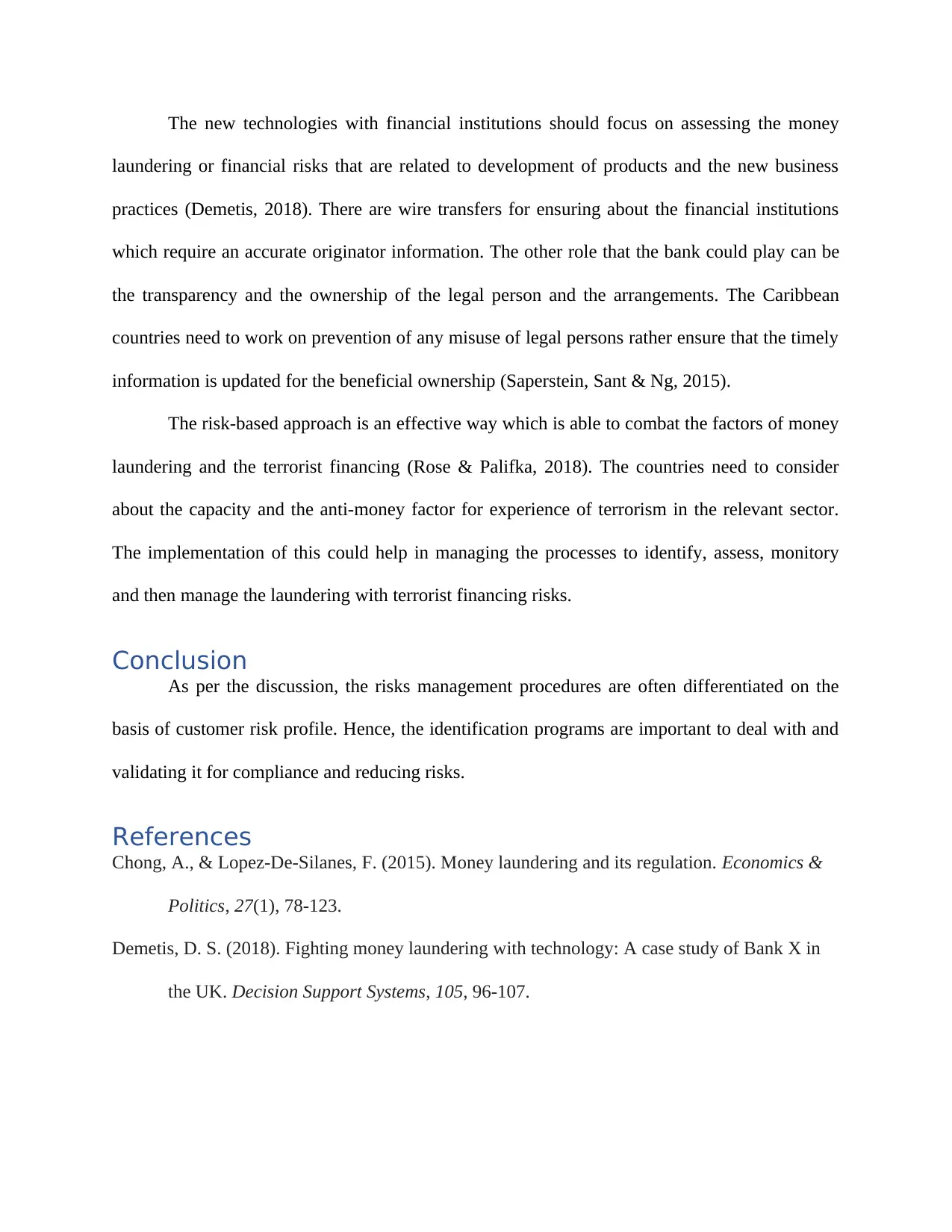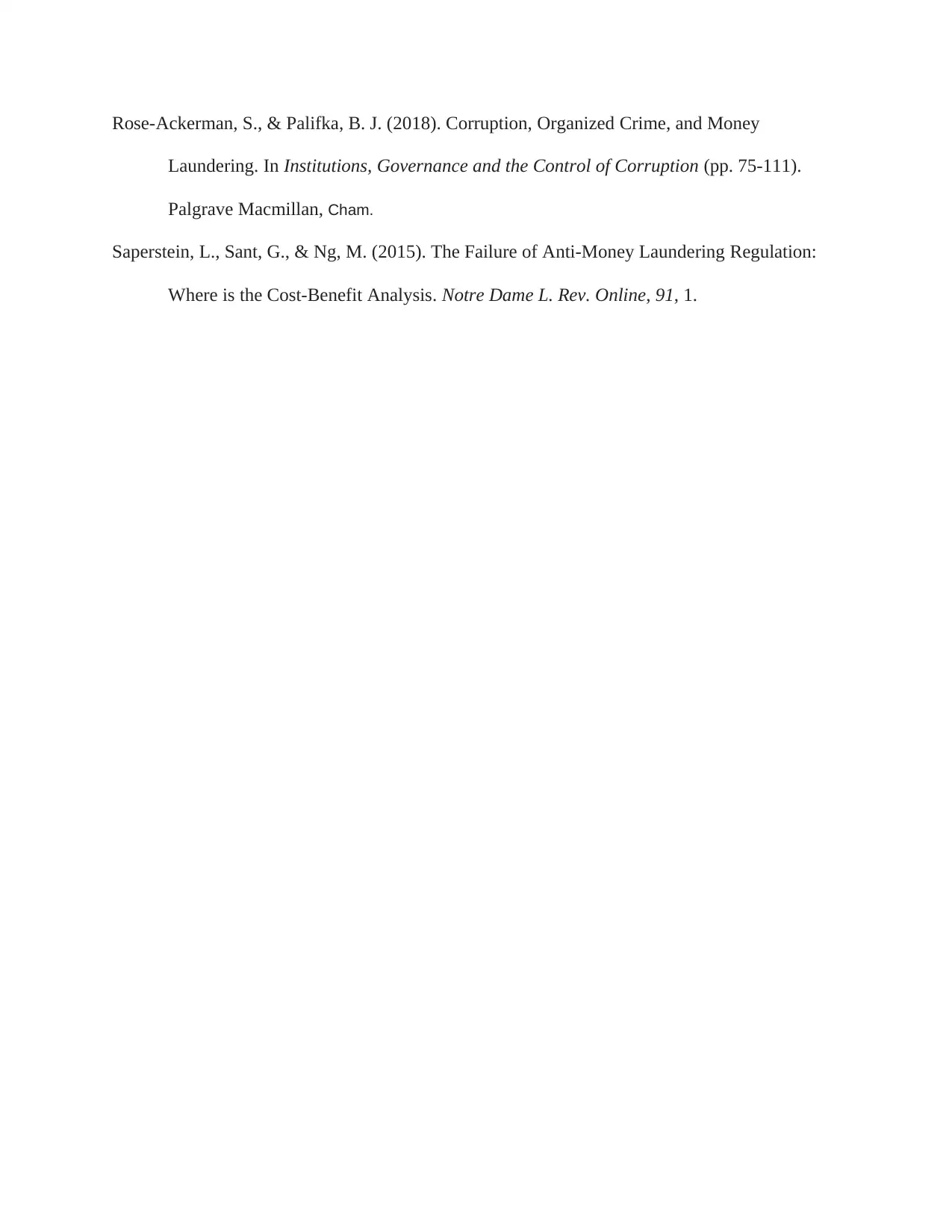Regulating Money Laundering: Banking Sector's Role in the Caribbean
VerifiedAdded on 2023/05/28
|5
|674
|158
Essay
AI Summary
This essay explores the critical roles that the banking sector can play in regulating money laundering activities in the Caribbean region. It highlights the importance of proper customer identification, transaction monitoring, and establishing strong business relationships to combat money laundering. The essay emphasizes that financial institutions should move away from anonymous accounts and focus on transparency and due diligence, including verifying customer identities and identifying beneficial owners. Furthermore, the essay discusses the adoption of new technologies, the importance of accurate originator information in wire transfers, and the implementation of a risk-based approach to manage money laundering and terrorist financing risks. By implementing these measures, Caribbean countries can enhance their anti-money laundering efforts and safeguard their financial systems. Desklib provides a platform to access this essay and many other resources for students.
1 out of 5












![[object Object]](/_next/static/media/star-bottom.7253800d.svg)